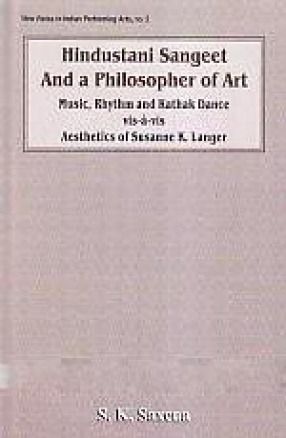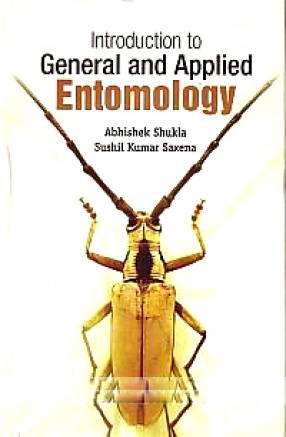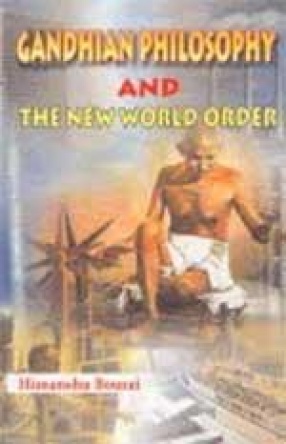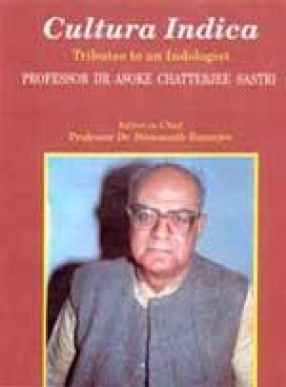The book is a perceptive study of Gandhi’s concern with religion, based on Gandhi’s abundant writing and remarkable practice of yamas and niyamas. It provides insightful material not only on humility which Gandhi valued so highly, and which has rarely received analytic attention, but also on the truth-ahimsa relation which is frequently talked about, but seldom critically appraised. Lucidly written, the book is enriched by phenomenological analyses of Gandhi’s religious experience and of his intensely godward fasting.
ABOUT THE AUTHOR Sushil Kumar Saxena
A former Professor of Philosophy at the University of Delhi, where he started the teaching of philosophical aesthetics in 1964, Dr. Sushil Kumar Saxena has actively related this contemporary way of looking at the arts to Hindustani music and Kathak dance in the form of published essays and books spanning a period of more than 35 years. His first book, however, was on metaphysics. Entitled studies in the distinction of being the second Indian (after Dr. S. Radhakrishnan) to appear as an author in (George Allen and Unwin's) Muirhead Library series of philosophical works. Thereafter, turning to philosophies of art and religion, Dr. Saxena produced three more books: The Winged Form: Aesthetical Essays on Hindustani Rhythm (Sangeet Natak Akademi). Aesthetical Essays, and Ever Unto God: Essays on Gandhi and Religion (Indian Council of Philosophical Research). His essays and review articles, again on aesthetical and religious subjects, have appeared in The British Journal of Aesthetics, The Journal of Aesthetics and Art Criticism (U.S.A.), Religious Studies (U.K.)Diogene (France), Kant Studien (Germany). II Vetro (Italy), Philosophy East and West (U.A.A.)Sangeet Natak, Marg, Indian Philosophiy Quarterly, and Journal of the ICPR (India). Currently, as a Fellow of the Indian Council of philosophical Research, Dr. Saxena is working on two book. Art and Aesthetics and the Arts of India.








There are no reviews yet.